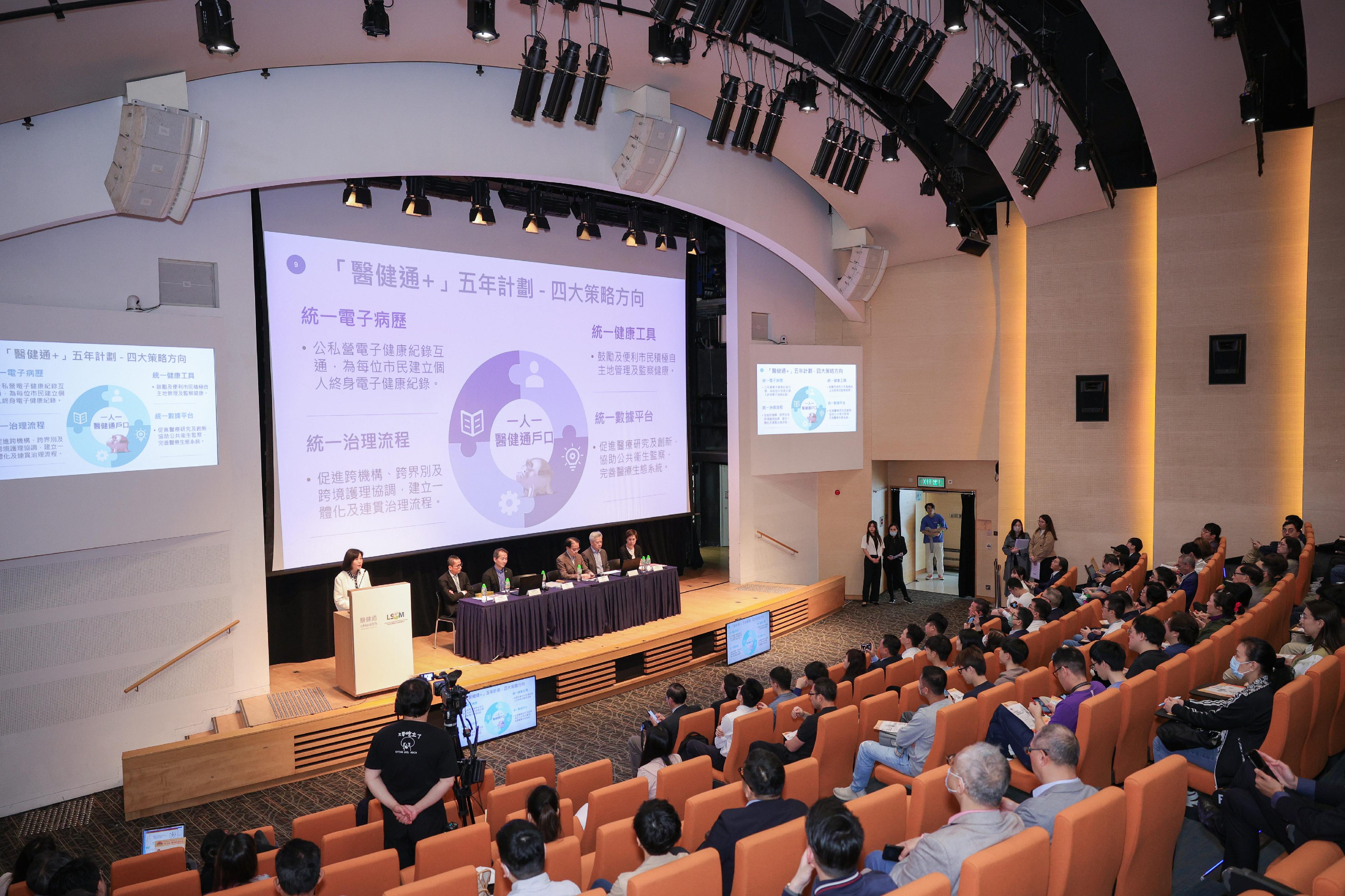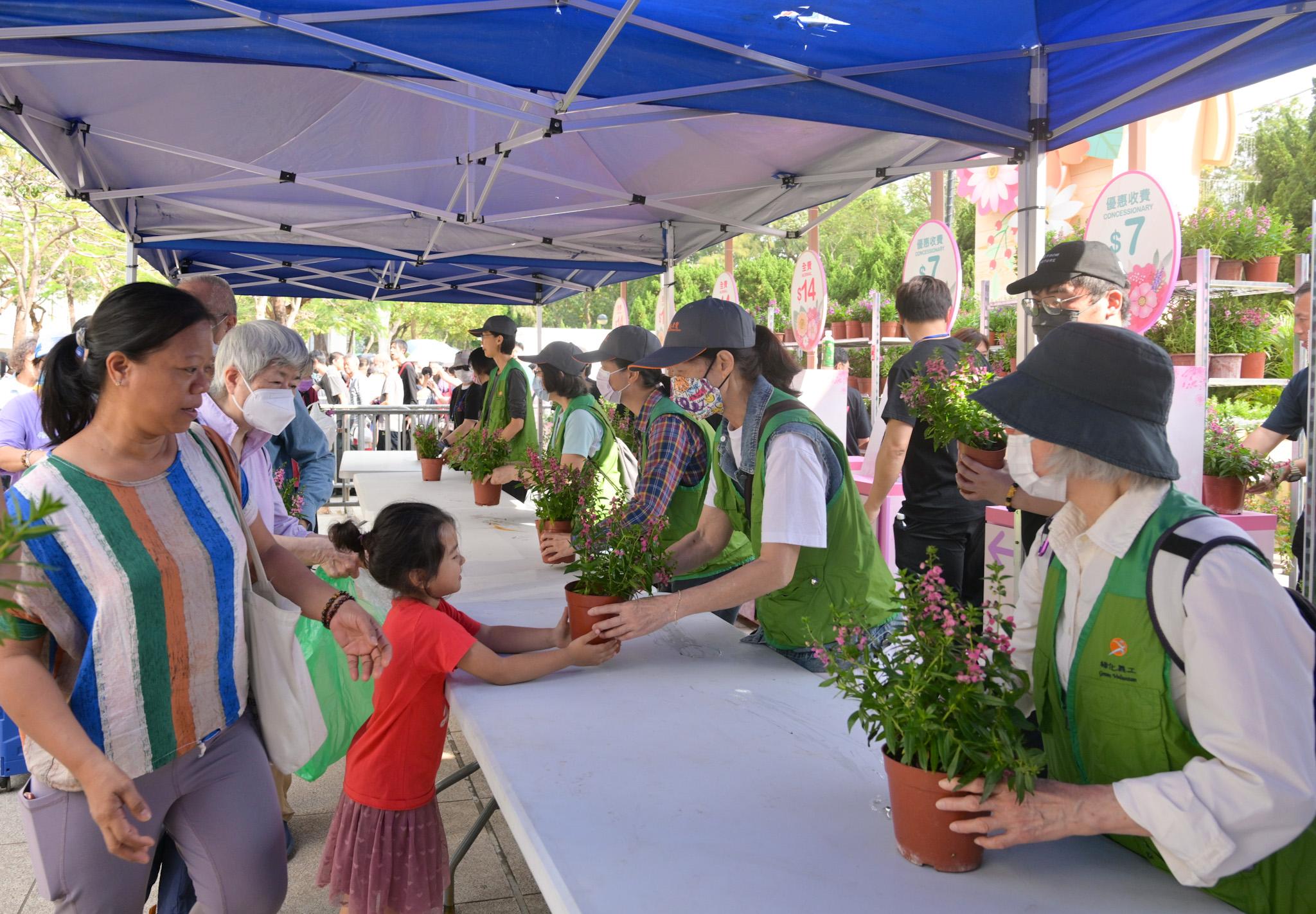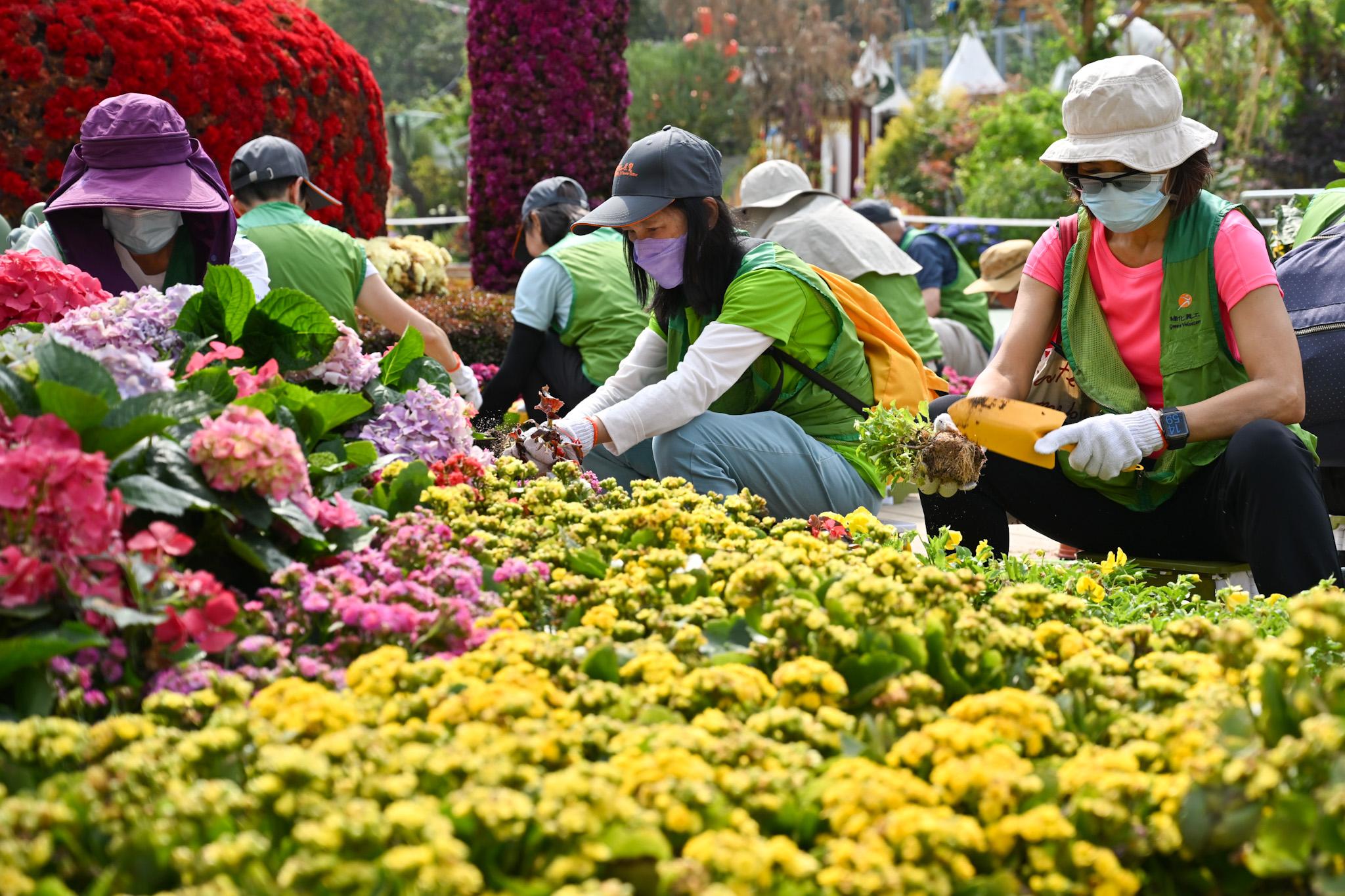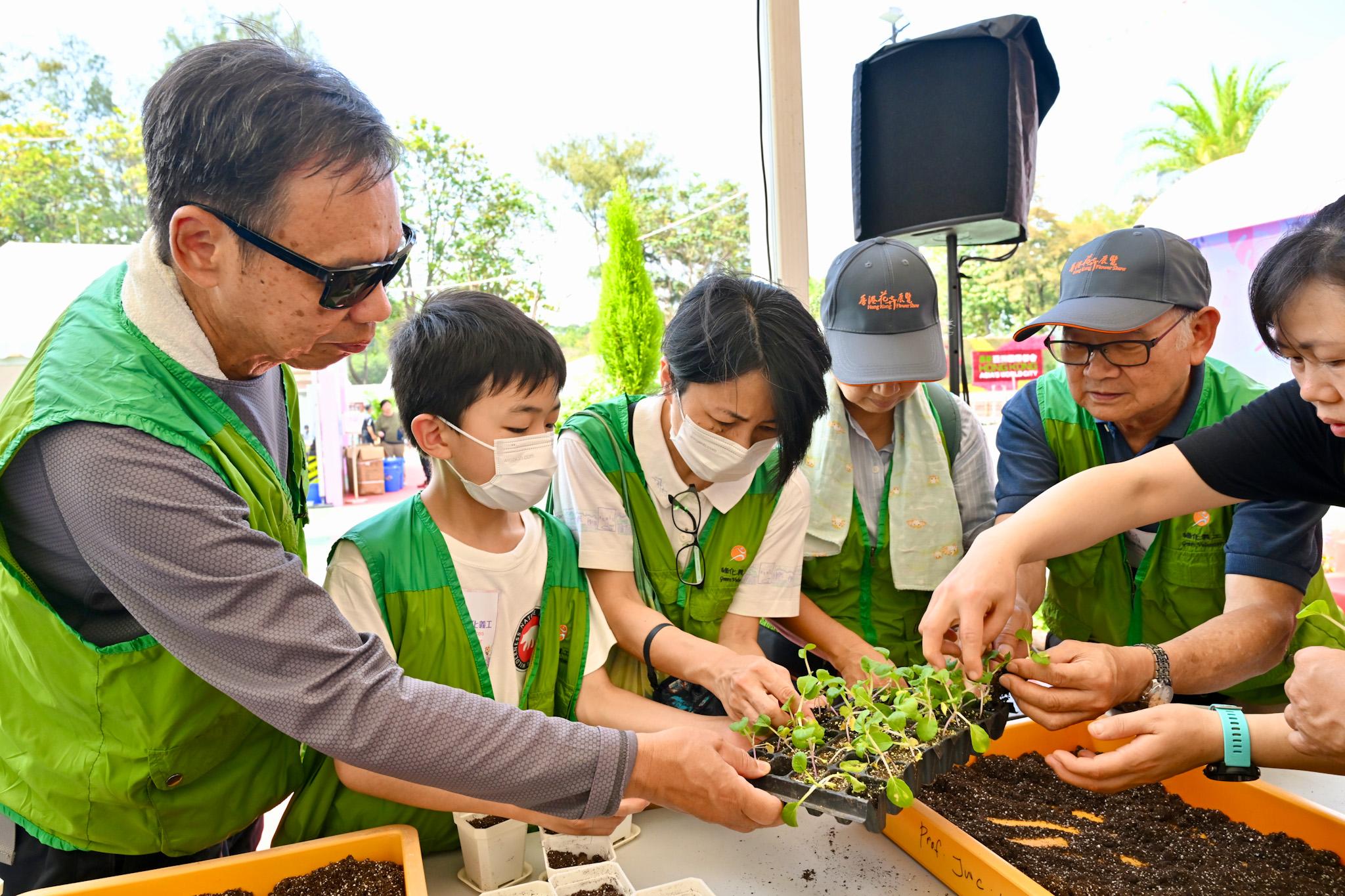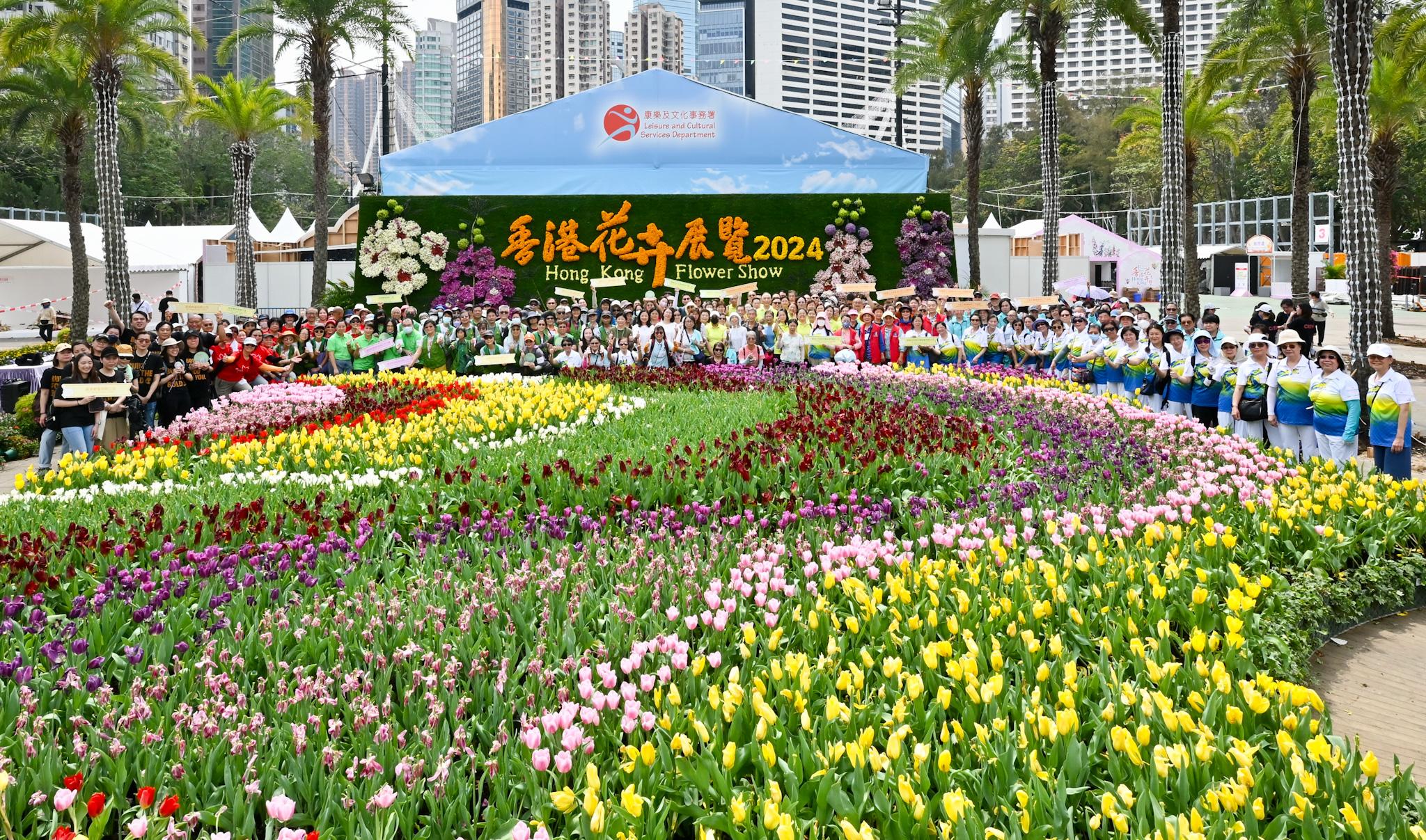Health Bureau organises eHealth+ briefing session to encourage participation of RCHEs and RCHDs in eMedication (RCH) project (with photo)
The Health Bureau (HHB) introduced eHealth+ developments to representatives from Residential Care Homes for the Elderly (RCHEs) and Residential Care Homes for Persons with Disabilities (RCHDs) today (March 25) through a briefing session, in which Residential Care Home (RCH) representatives were also invited to participate in the eMedication (RCH) project. The briefing session was co-organised by the HHB with the Hospital Authority (HA) and the Logistics and Supply Chain MultiTech R&D Centre (LSCM), and attracted registration from over 600 RCHs.
At the briefing session today, an HHB representative introduced to the RCH representatives the nine core functions of eHealth+ (eMedication inclusive), and explained how the eMedication function can help optimise the medication management system and protocol at the RCHs.
A spokesman for the HHB said, “Medication management is a vital element in safeguarding the health condition of residents in the RCHs. The eMedication function of eHealth+ enables the RCHs to gain access to the electronic prescription information of their residents, thereby minimising the reliance on manual copying procedures and providing convenience to RCHs to follow up on drug distribution and administration. Not only will it improve efficiency but also the drug monitoring within the RCHs, thus reducing the risk of medication incidents. Additionally, pharmacists in the RCHs can utilise the time saved on better monitoring of residents’ medication status and taking appropriate follow-up actions.
“Rigorous and proper medication management is crucial to the caring of patients, the elderly in particular. For patients, eMedication can provide them with comprehensive prescription and dispensing records. This will ensure that medication is handled in a safer and more convenient way for residents in RCHs. We hope that this briefing session can allow RCHs to have a deeper understanding of the new functions of eHealth+, driving them to make better use of the eHealth+ platform,” the spokesman added.
Jointly initiated by the HHB and the HA in collaboration with the LSCM, the eMedication (RCH) project supports participating RCHs and their electronic medication management system suppliers to implement system connections and improve information security. Interested RCHs may contact emedication@lscm.hk by email for more details.
The Government is rolling out a five-year plan of eHealth+ as announced in the 2023 Policy Address, to transform eHealth from a health record-sharing system into a comprehensive healthcare information infrastructure that integrates functions of healthcare data sharing, service delivery and protocol management. The Government will take forward the eHealth+ plan along four strategic directions, namely One Health Record, One Care Journey, One Digital Front Door to Empowering Tool and One Health Data Repository, with a view to strategically completing the development work of eHealth+ and progressively introducing different features over the next five years.


